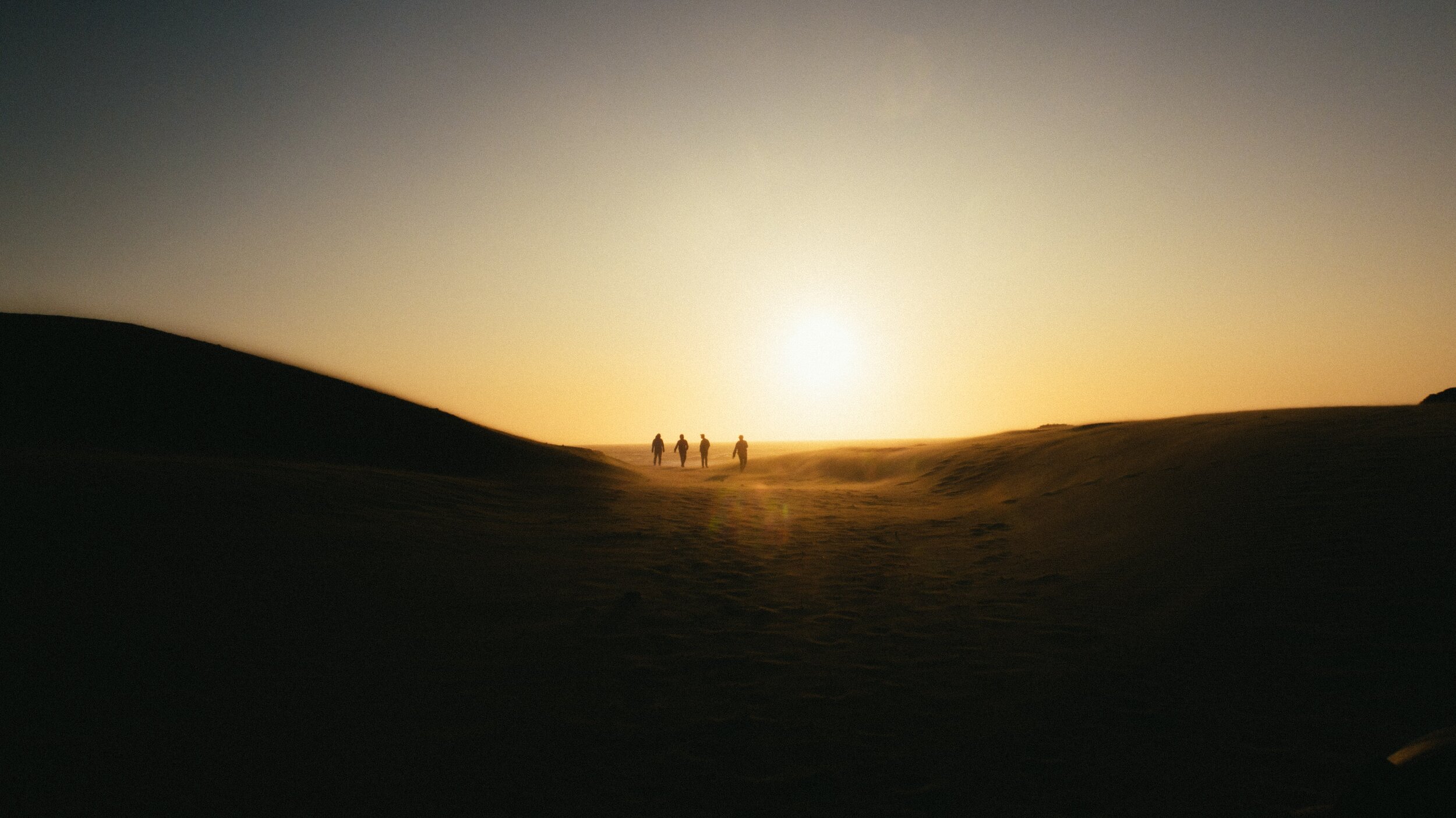The Descent and The Return
The Descent:
For many, the month of March brought the world to a screeching halt. In the weeks and months that have ensued since, the COVID-19 pandemic has battered our individual and collective psyches, threatened livelihoods, and infected over a million people, and as of mid May, claimed eighty thousand plus lives. We’ve seen images of the ubiquitous masks, the line of cars snaking around highways and parking lots filled with people trying to access food banks, and the bare shelves at grocery stores. We’ve seen the gallery of faces on ZOOM beaming in from people’s private spaces, the children in the background seeking attention, and the ever-growing posts on social media acknowledging those we know infected with the virus, and at worse, notifying us of a death.
For many in the fields of Social Science, Public Health, and Diversity, Equity, and Inclusion, COVID-19 has been an X-ray on our body politic, further exposing the dark spots of inequity in American society. Those malignant spots already present in the most vulnerable amongst us (people of color and women), are metastasizing at an alarming rate and exacting more damage than that which existed prior to this pandemic. Hospitalization and death rates for People of Color are disproportionately higher than those of whites. In addition, job losses and wage cuts have impacted people of color and women at vastly higher rates than whites. The structural inequalities embedded in all aspects of American life––lack of access to healthcare, stable housing, and safe working conditions––have all contributed to the staggering number, which will undoubtedly continue to spike.
For those that have recovered from COVID-19 or remained employed while loved ones have lost jobs or succumbed to the virus, the psychological toll of COVID-19 has felt, anecdotally and otherwise, a version of “survivors guilt.” In an economy built on consumer spending, the idea of “essential” and “non-essential” workers has been something of an existential crisis for many, who ask, “What is one’s work?” vs. “What does one do for work.”
In some quarters of our country many are pronouncing that we are on the mend and ready to trek back on the road to “normalcy”, while others offer dire warnings of premature “openings” that will usher in a second wave of transmissions that will further claim lives and brutalize industries and people already teetering on the edge. Given the data, for those of us who gaze at the world through a racial and gender lens at the core of our analysis, it’s not a stretch to wonder out loud whether the rush to return to “normalcy” is in-fact a statement that Brown and Black lives are considered “non-essential”.
Despite divergent attitudes about where we are on the road back to what we previously knew to be “normal”, this much is clear—we will be entering a different world than the one we occupied pre-COVID-19.
At Third Settlements, we firmly believe that when people are valued, they want to add value. This will take on a new significance when people “return” to work. For us, this pandemic has made our work feel more urgent and cemented our belief that equity work is people centered.
The Return:
We believe that the return to “normalcy” will not be “business as usual”, and organizations and companies that shift to a “business as unusual” ethos, will be the ones that will thrive in a post-COVID-19 world. The previous veneer of politeness and curtains that separate our work lives from our personal lives will have to be pulled back. In order to be productive and thrive, workplaces will need to, in the interim, and perhaps for years, resemble something of a spiritual and psychological well-being space where previously touted ideas of showing up “as your authentic self” will have to be fully embraced and realized.
Employees will be encouraged to process and grieve. They will be returning to work without former colleagues, family loved ones, and above all, carrying the psychic toll that accompanies this unprecedented event in modern life.
They will be asked to share lessons they learned about themselves and our society, the joys they discovered, and the gifts they want to share with their colleagues and community. Human beings are natural storytellers. We are curious and creative. As the old adage goes, “necessity is the mother of invention.” This is abundantly clear in the stories being reported of a teacher turning coffee filters into masks, or refugees producing soap to help combat transmission of the virus. The small innovations, whether reported or not, are endless and speak of the untapped genius and potential in all people. How organizations tap into the way people process and are made to feel “essential” will boost the way people connect and add value to their respective organizations.
Third Settlements Commitment:
Third Settlements is committed to designing and sharing a series of modules, invocations, and gatherings, for organizations and its people, so that we may return with compassion, humanity, and forge deeper connections with greater purpose as survivors. These workshops will be customized. They can be short or full days, and can be facilitated by anyone, as long as they commit to go forth with courage and vulnerability. We believe it will be needed as we return to a world transformed, in our workplaces, in our schools and with our extended families.
With love and gratitude, TS.
For more information, please contact us at we@thirdsettlements.com
The Descent and The Return

